The fast developing deal for AT&T to buy Time Warner is about to be announced, according to the Wall Street Journal. It’s the largest media deal since Comcast purchased Universal in 2011 and represents another key moment in an era of vast media conglomeration.
The acquisition pushes the carrier deeper into the traditional entertainment business at a time of stalled wireless growth. For Time Warner, the deal represents a victory for Chief Executive Jeff Bewkes, 64, who took some heat from investors for rebuffing a takeover bid two years ago from 21st Century Fox at $85 a share. (21st Century Fox and Wall Street Journal-owner News Corp share common ownership.)
It pairs AT&T’s millions of wireless and pay-television subscribers with Time Warner’s deep media lineup including networks such as CNN, TNT, the prized HBO channel and Warner Bros. film and TV studio.For AT&T CEO Randall Stephenson, the deal will help the carrier potentially find new areas of growth as its core wireless business has become saturated and its market share leaves little room for acquisitions. For Time Warner, the tie-up comes amid pressure for media companies to bulk up or join with larger entities in the face of consolidation among pay-TV distributors and viewers increasingly leaving their expensive cable packages for cheaper online streaming options.
The deal won’t close until late next year after negotiating all the regulations and discovery necessary and will create a media giant to rival any other entity.
While the WSJ piece gives a good overview of the mega deal, of course you are wondering what will happen to the superheroes? As a vital part of the TW portfolio, they’re sure to remain huge in the new ATT/Warner conglomerate. Deadline suggests, however, while the deal appears to be content based, it’s really distribution that’s king:
But pay TV has seen its market share decline after decades of consistent growth: People in about 81% of all households subscribe to traditional cable and satellite services, which is down from 88% at the beginning of 2010 and continues to fall.
That’s complicated life for networks that require ever increasing monthly payments, and advertising, to compensate for their rising sports and original programming outlays.
The growth of cord cutting and skinny bundles poses a threat to companies accustomed to generating profit margins that are “higher than almost any other economic entity we can find in Western capitalism,” Bernstein Research’s Todd Juenger says.
Time Warner has reason to be especially concerned: About 85% of its operating profits come from its TV networks.
Wall Street knows this, which is why so many investors love the prospect of a sale — especially for a premium price.
Rumors have former Fox executive Peter Chernin with a major role in the new company, although not running things day to day.
For years, Chernin has been deeply involved in the media world — at times working closely with AT&T — while keeping a fairly low profile. He runs his eponymous production company, investing here, advising there, potentially putting himself in a position to run a media giant but never alighting anywhere. There has been speculation about him landing a top job at NBCUniversal, Disney, Yahoo or any other place where a gig worthy of his experience was to be had.
For years, meanwhile, Time Warner chairman and CEO Jeff Bewkes prepped for an eventual sale of his company, parent of HBO, CNN, the Warner Bros. film and television studios, and the Turner television networks. He slimmed it down, spun off assets including Time Warner Cable, and installed top managers with more experience on the business rather than creative side of entertainment — notably Kevin Tsujihara at Warner Bros. While Bewkes rebuffed Rupert Murdoch’s offer, valued at $80 billion, in 2014, he has long been regarded in the industry as a seller. Many Hollywood insiders marveled, for example, at his seeming indifference as the Warners film studio suffered through an ill-fated management bakeoff. His eyes were on another prize.
As this deal goes through, the fate of execs like Tsujihara and DC Entertainment (and TW consumer products) head Diane Nelson will be a hot topic. Nelson was widely seen as being positioned to take over the studio herself someday, and after witnessing her polished presentation at the UN yesterday, it would be hard to bet against her. And we’ll see DC owned characters in more places, distributed in more ways than ever before.


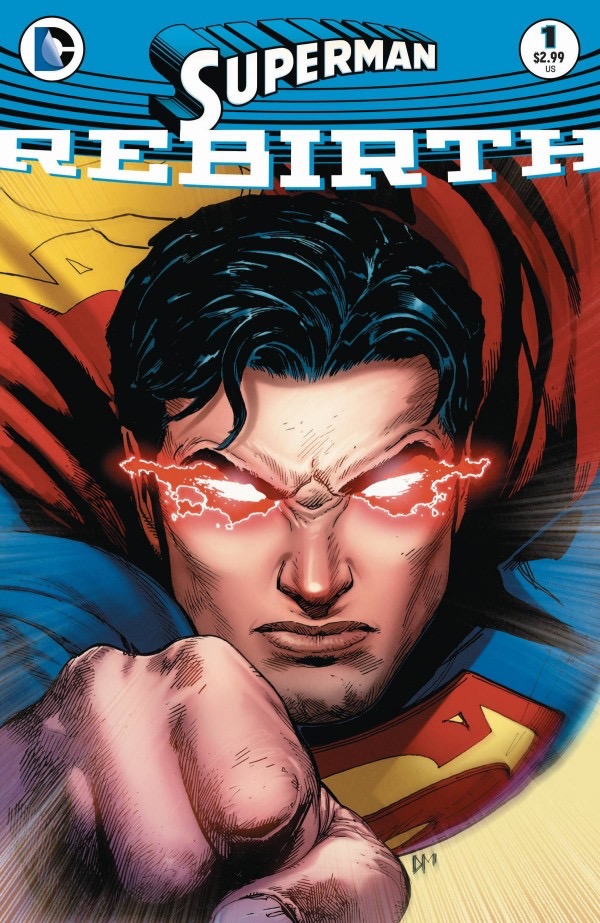
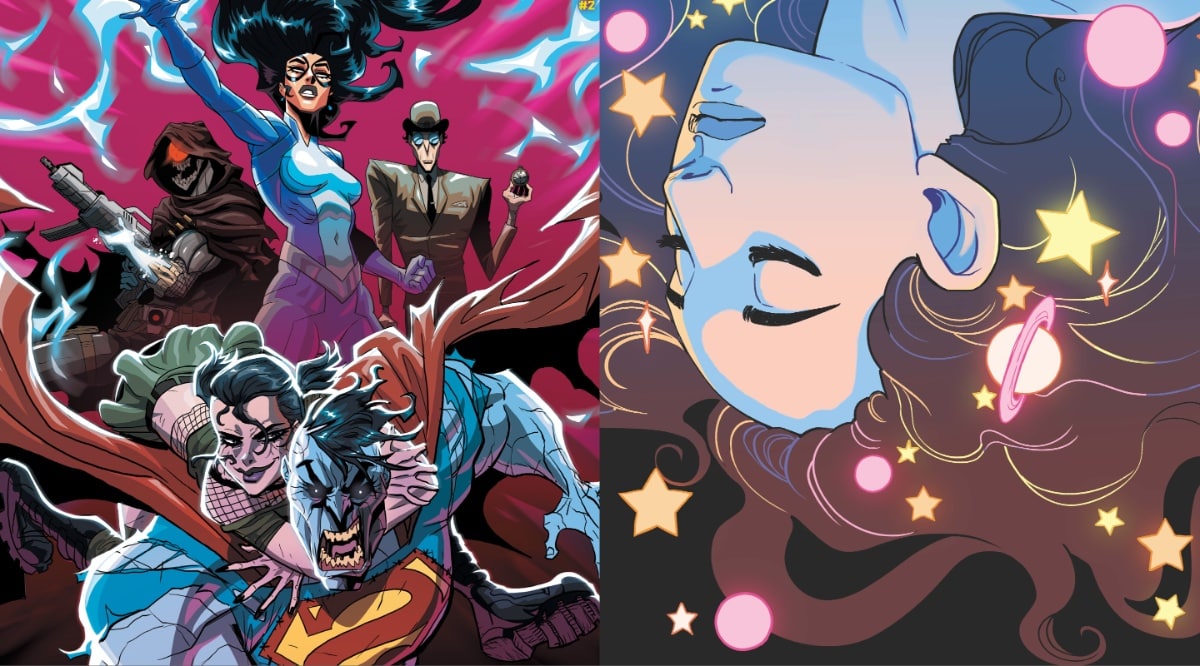
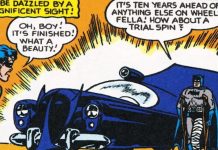
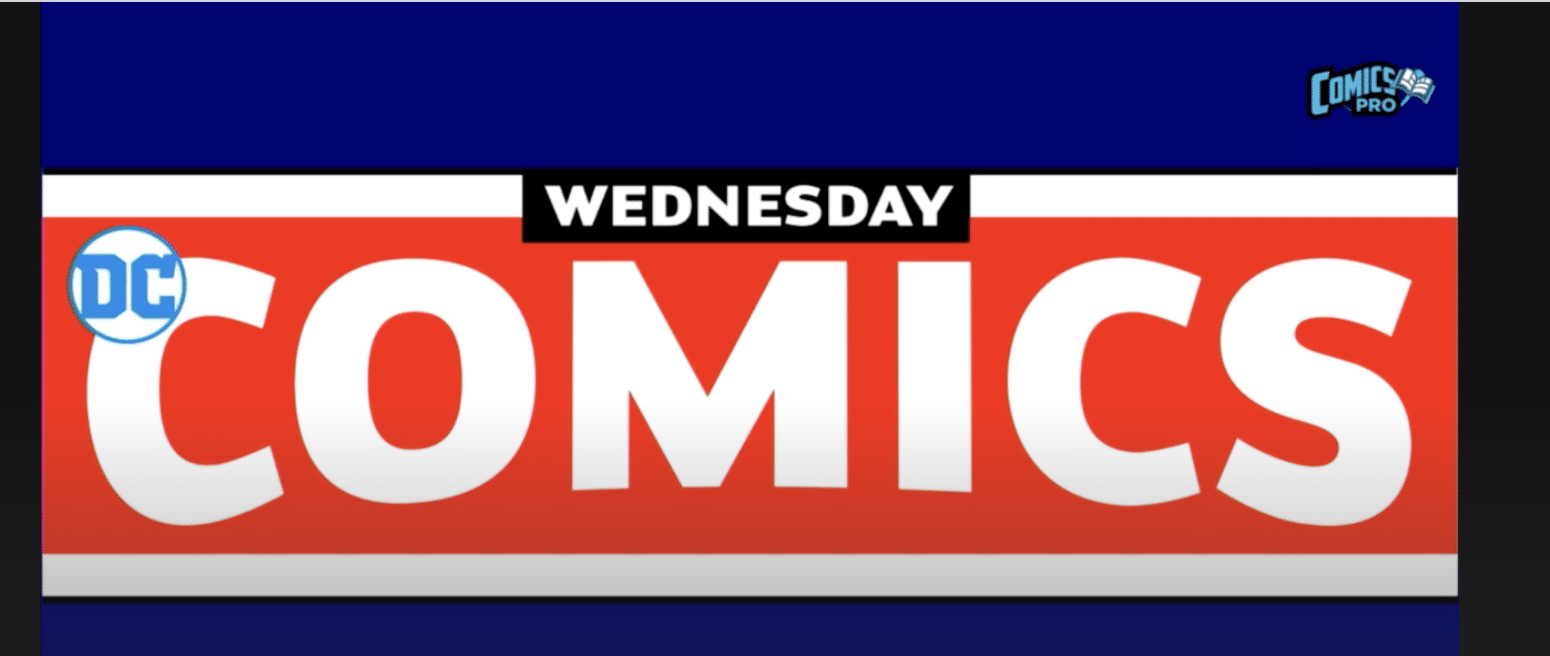

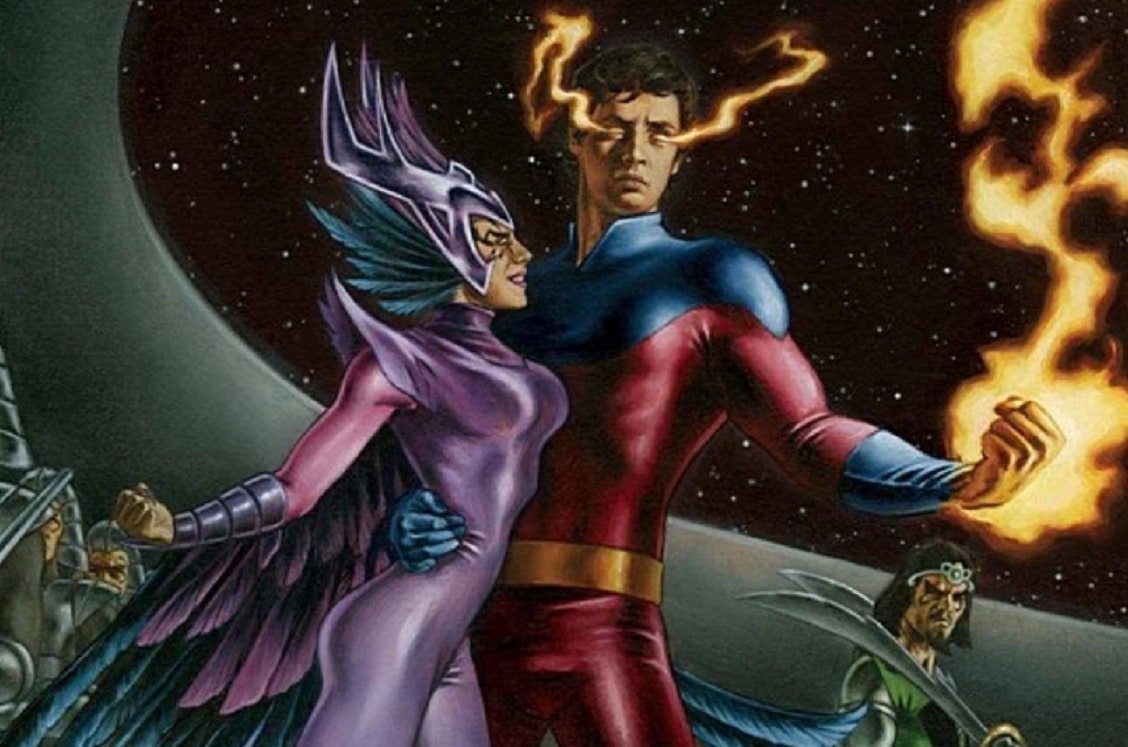
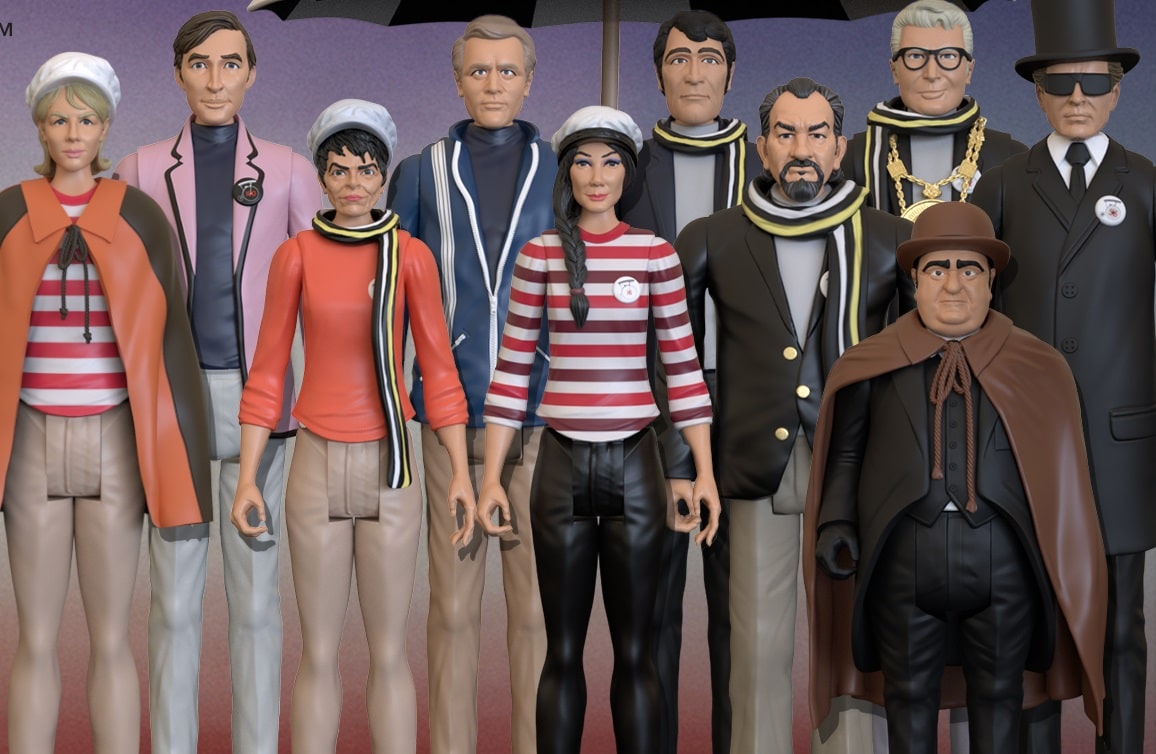

Thanks , I have just been looking for info approximately this subject for ages and yours is the best
I have came upon till now. However, what concerning the bottom
line? Are you certain in regards to the source?
Do they get a discount for the DC Movies?
Touche. Great arguments. Keeep up the great spirit.
Remember “AOL Comics”?
(Joe Quesada 2002: “What the fuck is DC anyway? They’d be better off calling it AOL Comics. At least people know what AOL is. I mean, they have Batman and Superman, and they don’t know what to do with them. That’s like being a porn star with the biggest dick and you can’t get it up. What the fuck?”)
Awaiting “AT&T Comics”!
So this is already a done deal? Not a word about getting government approval for this mega-merger. Usually, they at least have to give lip service to “the benefits for consumers” or some such malarkey.
Agree with Allen. This will just jack up the price for content. There’s no way this is good for consumers. Individually, they are both big enough. Sick of it
Comments are closed.